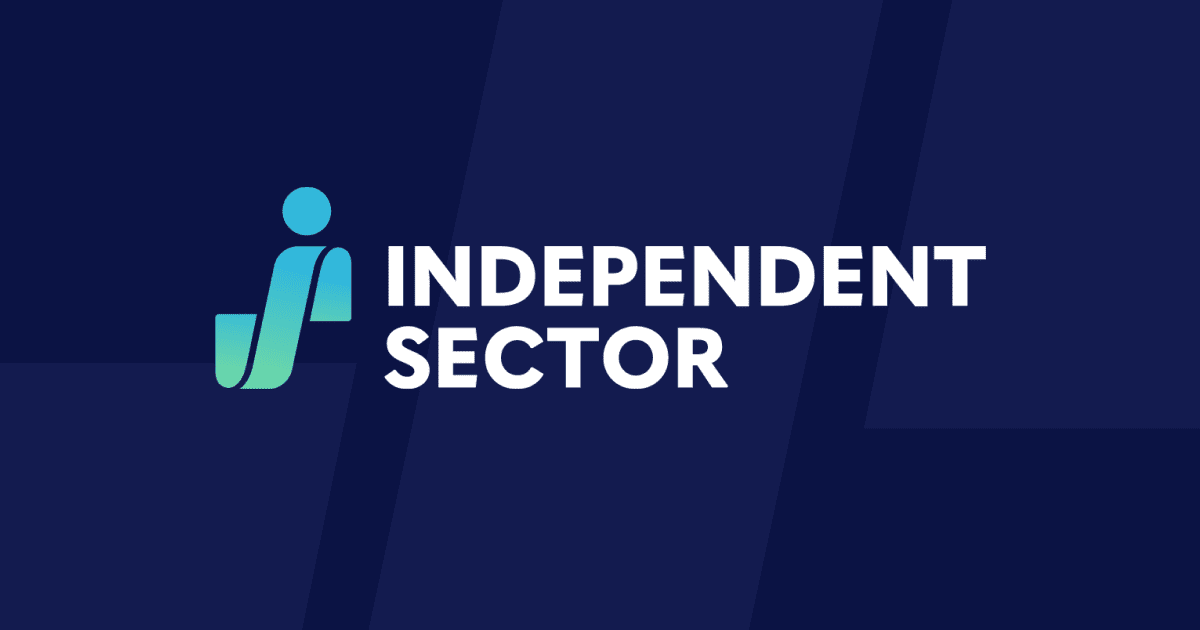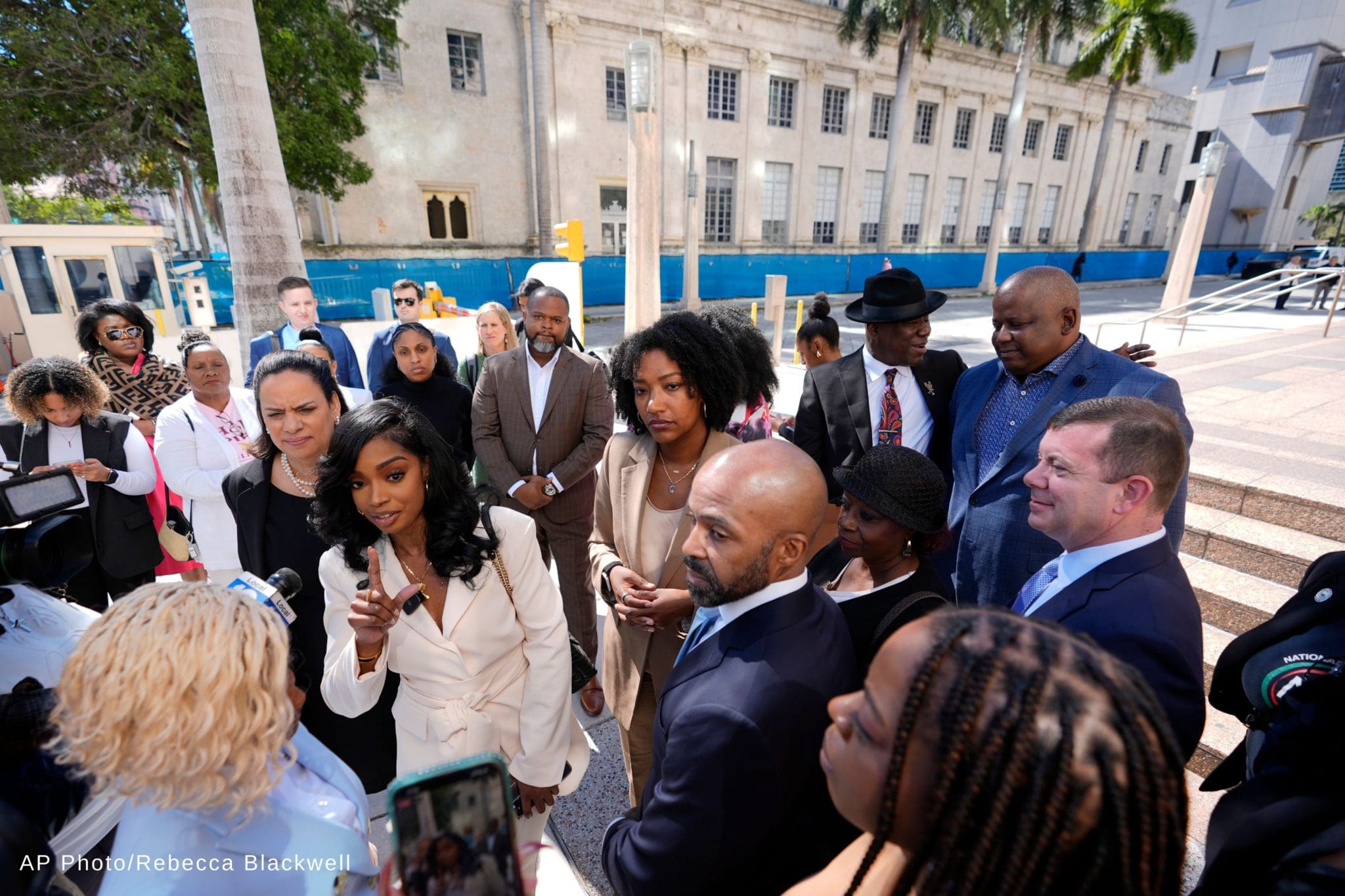[vc_row][vc_column][vc_column_text]
Educating Voters on your Organization’s Issues
Many nonprofits seek to shape the public policies that impact their operations, their missions, and the communities they serve through public education and advocacy. The organization is not required to abandon that mission or withhold its expertise during an election year. A nonprofit properly may make the most of this heightened level of voter awareness by injecting such topics into the campaign debate, with the aim of increasing public support for its policy stances. The focus of the 501(c)(3)’s voter education efforts, however, must be limited to the discussion of the organization’s agenda and not on the candidates’ views on that agenda.
A 501(c)(3) may continue its normal public education and advocacy programs during an election campaign period, even if the issues it addresses are controversial. Most of the difficult questions arise when the message starts near election time or is linked to the election in some way, either explicitly or implicitly. Issue advocacy during election periods must be handled with care. In particular, the Internal Revenue Service closely watches issue advertisements during an election period to ensure they do not indirectly endorse or oppose a political candidate.
Voter education can also be undertaken by engaging candidates. Charitable organizations can ask candidates about their positions on issues at candidate events, through questionnaires, or hosting nonpartisan forums. Organizations just need to take care to follow best practices to ensure their activities are nonpartisan and treat all candidates equally.
Preparing Voters for Election Day
In addition to educating voters on your organization’s issues, nonprofits have an important role to play in preparing voters for Election Day by educating citizens about the voting process and their right as voters. Many voters may be unaware of new policies that have been implemented since the last time they voted, what documents are needed at the polls, the type of machines they will be using to vote, and their rights when they get to the polling station.
Nonprofit organizations can take a leading role in providing voters with information with the following activities:
- Provide voter registration deadlines, election dates, and state election office contact information;
- Remind voters which documents are needed at the polls, and their rights as voters;
- Post sample ballots prior to the election and show voters how to use a voting machine;
- Encourage your constituents to volunteer at the polls on election day; and
- Provide voters with basic information on new election policies that have been implemented since the last time they voted.
This resource provides general guidance only and should not be relied upon as legal advice.[/vc_column_text][/vc_column][/vc_row][vc_row][vc_column][vc_column_text css=”.vc_custom_1591321195086{padding-top: 40px !important;padding-bottom: 40px !important;}”]
– Goodwill Industries, Mission Possible
[/vc_column_text][/vc_column][/vc_row]



